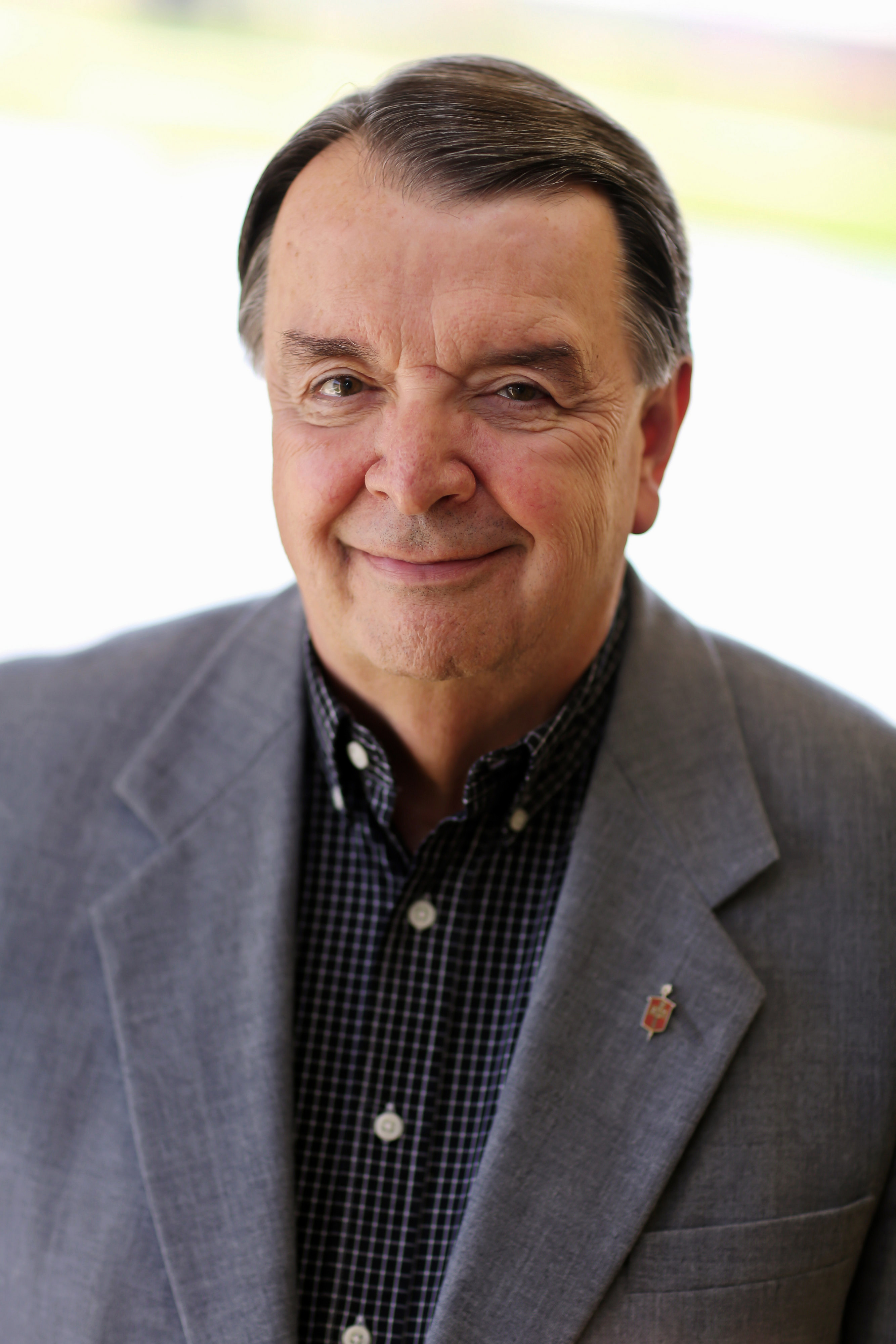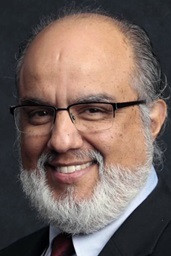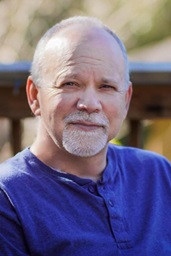
As I read the blogs, articles and even books about the current debates in our United Methodist Church leading up to the called General Conference in 2019, I notice that many words are being misused.
Here are a few:
ACCOUNTABILITY — Most people apply this word to others, but not to themselves. They want bishops to be more accountable, or other clergy, or even whole jurisdictions, but they seldom want to hold themselves accountable. Two examples: congregations who withhold apportionments to protest the lack of accountability by others, and individuals who choose to disobey the Discipline as a protest but who do not accept the consequences of their disobedience. “Accountability” for a Christian means we all must hold ourselves to the higher standards of Christ-like behavior.
SCRIPTURE — Many people want to talk about the “authority of Scripture” and accuse others of not believing in the Bible, but what they really mean is that other people disagree with their particular interpretation of Scripture. Christians of good faith can disagree with the interpretations of Scripture while maintaining their commitment to the authority of Scripture.
CONFERENCE — Too many people refer to the General Conference (or annual conference, jurisdictional conference, or local church conference) as if it were a business meeting or political convention to which they go to vote and win their particular point of view. But “conference” refers to the process of seeking God’s will together. It begins with the humble attitude of saying, “I may be wrong, but here is what I think. Let me hear what you think, and then let us pray and seek God’s guidance for our decision together.” Delegates going to General Conference with their mind already made up about any issue have disqualified themselves from engaging in Christian conferencing. Even worse, they are denying the work of the Holy Spirit to guide the church.
UNITY — Too many people talk of unity as if it were uniformity. Ironically, our two historic documents (the Articles of Religion of the former Methodist Church and the Confession of Faith of the former Evangelical United Brethren Church) explicitly state that it is not required for us to have identical services or practices in all of our churches. Rather, our United Methodist Church was formed in 1968 with an understanding that there are differences in cultural settings which require different forms of ministry. Yet people today talk about the need to “split” the church if we cannot all be uniform.
MARRIAGE AND HOMOSEXUALITY — The word “homosexual” does not exist in the Bible (although the Bible does talk about sexual practices and most strongly condemns rape, pederasty, unfaithfulness and sexual idolatry. The word “homosexual” was added into some English translations of the Bible in 1946 and since removed because it is not an accurate translation of the two Greek words which were combined to create that translation. The word “homosexuality” also does not exist in our foundational faith documents (The Articles of Religion and the Confession of Faith). In fact, the only place the word “marriage” is mentioned in those documents is to indicate that our clergy are allowed to be married. And yet there are people who want to split the church over issues of marriage and homosexuality — even though they are not salvation issues either in the Bible or in our foundational faith documents.
WEDDINGS — Some of the disputes about same-gender weddings seem to overlook the obvious fact that in our United Methodist Church a wedding is NOT a sacrament as it is in the Roman Catholic Church. In fact, our United Methodist clergy do not “marry” anyone. We officiate over a ceremony where two persons state their vows to one another and marry each other.
JESUS — The name of Jesus is being misused to justify various personal viewpoints, but the actual teachings of Jesus are being ignored. What did Jesus teach and preach? To seek first the Kingdom of God. To obey the two Greatest Commandments (to love God and neighbor). To follow the only New Commandment he gave us (“love one another as I have loved you”). To treat the “least of these” as we would treat Jesus. What did Jesus condemn? He most strongly condemned self-righteousness and religious hypocrisy, and yet his name is being used for those very purposes.
MONEY — More than one-third of the teachings of Jesus are about money, including those teaching us to be generous and warning us not to be possessed by our possessions. And yet our United Methodist Church is spending millions of dollars to have a General Conference and the various caucus groups are spending untold amounts of money (they don’t have to give an accounting to anyone outside their groups) to persuade delegates to vote their positions. One cannot help but ask the question: Is this money being spent in ways to advance the Kingdom of God or just to argue over human institutional issues?
Here are some words I would like to hear more often as we move toward the General Conference: LOVE, JOY, PEACE, PATIENCE, KINDNESS, GENTLENESS, HUMILITY and SELF-CONTROL (the fruit of the Spirit from Galatians 5:22-23).
Bishop Coyner retired in 2016, having led the Indiana Conference for 12 years.
News media contact: Vicki Brown, news editor, [email protected] or 615-742-5469. To read more United Methodist news, subscribe to the free Daily or Weekly Digests.
Like what you're reading? Support the ministry of UM News! Your support ensures the latest denominational news, dynamic stories and informative articles will continue to connect our global community. Make a tax-deductible donation at ResourceUMC.org/GiveUMCom.



